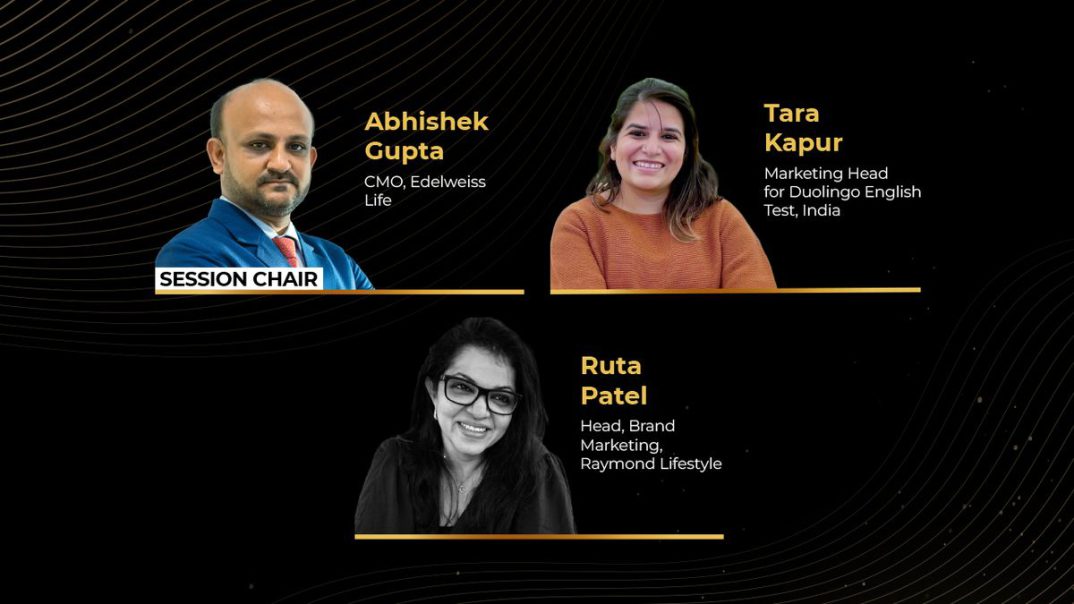The sixth edition of Social Samosa’s The Marketing Pulse Summit saw a dynamic session moderated by Abhishek Gupta, CMO of Edelweiss Life, where industry experts came together to explore how marketing strategies are evolving in response to changing consumer behaviours and technological advancements. Gupta led the discussion, offering valuable insights into the latest trends shaping the marketing landscape. The panellists of the session included:
- Tara Kapur, Marketing Head, Duolingo English Test, India
- Ruta Patel, Head of Brand Marketing, Raymond Lifestyle
Consumer Evolution
Gupta initiated the discussion by asking Ruta Patel about the shifts in consumer behaviour. “Today, the range of clothing options people desire has expanded,” Patel said, emphasizing the hybridization of fashion as a key trend.
According to her, there have been significant changes brought about by the COVID-19 pandemic, particularly in the apparel industry. She observed that remote work led to an increase in casual attire and a blending of styles, reflecting a broader trend of “fluidity” in consumer preferences.
The focus of the panel then shifted to Kapur, who was asked about the impact of Duolingo on the education sector. “COVID-19 demonstrated that education doesn’t need to be confined to a classroom,” she said. Duolingo adapted by offering more flexible and accessible learning solutions, embodying this shift. Moreover, she explained how the pandemic disrupted traditional education norms, which typically required physical classroom attendance.
Understanding the role of AI
Moving further, Abhishek Gupta, the session chair, continued the conversation by probing current marketing trends. To which Patel observed that conventional marketing methods, such as print and television, are becoming less relevant. “Everything is a touchpoint these days,” she noted, highlighting that unconventional touchpoints are now driving business growth, providing brands with more diverse ways to engage with their customers.
The discussion then turned to the role of AI in marketing where Kapur discussed how AI has enhanced the efficiency and security of educational tools, allowing Duolingo to deliver results quickly and offer personalised feedback. Additionally, Patel spoke about AI’s impact on predicting consumer behaviour and its role in the rise of micro-influencers and emerging content platforms. “AI helps us understand consumer purchasing patterns and generates more content opportunities,” she added.
To wrap up, the panel offered a clear picture of how marketing is adapting to changing consumer behaviours and tech advancements. Both panellists agreed that while AI and emerging trends offer exciting possibilities, the key to successful marketing lies in staying tuned to and adapting to consumers’ evolving needs. Gupta closed the session by highlighting that flexibility and innovation are crucial for thriving in the future of marketing.





